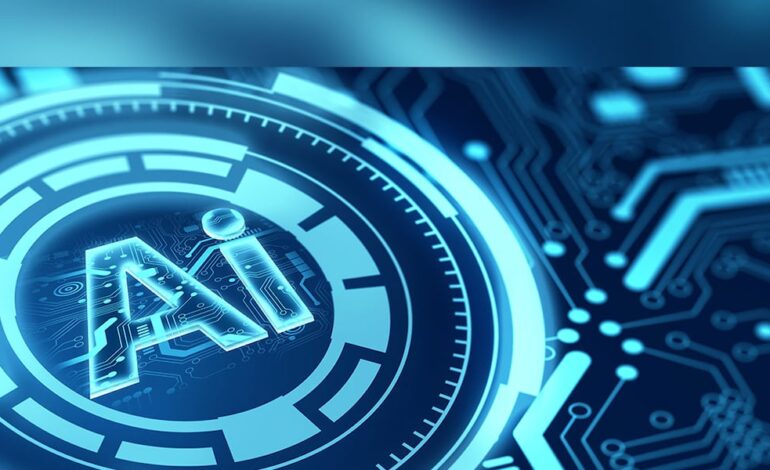
Exploring AI: Key Advantages and Disadvantages Unveiled
Artificial Intelligence (AI) is transforming industries worldwide, offering numerous benefits and challenges. This article delves into AI’s multifaceted role, discussing how it drives innovation while raising important questions about its societal impact. By understanding both sides, we can navigate the future more effectively.
Advantages of Implementing AI Across Industries
Artificial Intelligence has revolutionized the way businesses operate, offering unparalleled advantages. The technology enhances efficiency by automating repetitive tasks, freeing human resources for more complex activities. Furthermore, AI systems are instrumental in data analysis, providing insights with accuracy and speed beyond human capability. Companies use AI for personalized customer experiences, driving sales and improving customer satisfaction. In healthcare, AI aids in diagnostics and personalized medicine, potentially saving lives. Overall, AI is an engine of innovation, unlocking new potentials and transforming dreams into reality.
Navigating the Disadvantages of AI
Despite its many benefits, AI introduces several challenges that need attention. The potential for job displacement is significant, as automation replaces human tasks, leading to economic and social adjustments. AI systems can perpetuate biases present in data, resulting in unfair outcomes in sensitive areas like hiring and law enforcement. Privacy concerns arise with AI’s ability to analyze personal data, demanding strict regulations to protect user information. As AI becomes more autonomous, ethical questions about decision-making arise, emphasizing the need for careful oversight and accountability.
Balancing AI Innovation with Responsibility
To truly benefit from AI, a balanced approach is necessary. Policymakers, businesses, and educators must collaborate to address AI’s challenges proactively. Developing ethical AI systems that prioritize fairness and transparency is crucial. Workforce reskilling programs can alleviate job displacement fears, preparing individuals for a tech-oriented future. Regulations should be enforced to protect privacy while fostering innovation. Public awareness and education about AI’s capabilities and risks can empower society to make informed decisions. By aligning AI with human values, its potential can be fully realized without compromising ethical standards.
Conclusion
AI presents a dual-edged sword with its advantages and challenges. Embracing its potential requires a strategic approach, emphasizing ethical use and societal benefits. Collaborative efforts to address AI’s impact will ensure its integration positively shapes our future while mitigating risks.




